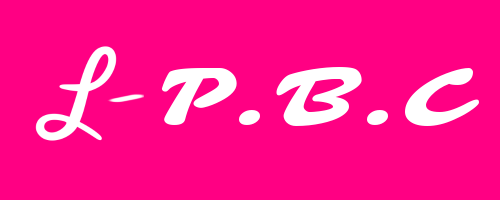Lemonade Becomes a Public Benefit Corporation – What does this mean for insurance?

Peer-to-peer insurance start-up Lemonade announced its decision to become a PBC – Public Benefit Corporation – Tuesday morning, May 17, joining the ranks of Techweekand Kickstarteras startups embracing this new corporate structure with dual profit and public benefit mandate.
This would make Lemonade not only the first peer-to-peer insurance company, but the first insurance company to make public service central to its mission. Lemonade made headlines earlier this year for its peer-to-peer insurance model, which means that the primary source of funding for claims is the policyholders. If no claims are made in a policy period, policyholders can get back a portion of what they paid, and have premiums reduced. The model is designed to simplify funding and give policyholders more benefits than traditional insurance structures allow.
The announcement, sent by email from CEO/Founder Daniel Schreiber, states that “Rebuilding insurance as a social good, rather than a necessary evil, is now a part of our legal mission,” and that, “Working in partnership with nonprofits, and baking giving-back into our business model, holds the promise of a better insurance experience, and a more valuable insurance company.”
A public benefit corporation is like a traditional company, but with a public-service requirement. While typical companies have only a responsibility to get large profits, PBCs are required to benefit society in the process, or risk suit from their shareholders. It’s not quite the same as going non-profit, which keeps the company from having shareholders or (of course) profits, but there are limitations compared to a traditional corporate structure.
Why would a company choose to become a PBC? One of the biggest reasons is that it’s popular – not just with the public, but with investors too. It’s seen as a way to appeal to investors interested in sustainable, socially conscious, and environmentally friendly companies, by providing legal accountability for companies to reach those goals.
Secondly, compared to going non-profit, there are many more financing avenues open to PBCs – just as many as are available to a typical public corporation, in most cases. This keeps PBCs eligible for the type of venture capital upon which start-ups thrive.
But the real question is this: Does a Public Benefit Corporation insurance company translate into better coverage or lower premiums?
The answer… it depends.
The closest living cousin of a Public Benefit insurance company in the style of Lemonade are mutual insurance companies, where policyholders are part-owners in the company. Because of this aspect of member-ownership, mutual insurance companies should have more obligation to serve its members than traditional insurance companies. However, in our analysis of top auto insurance companies, we found no correlation between a company’s status as a mutual insurance company and customer satisfaction or lower premiums. And while Nationwide insurance (a mutual insurance company) was rated, “Best for Most Drivers”, other insurance companies, mutual and non-mutual, were recommended for safe drivers with clean records, older drivers, military families, and more.
Most likely the answer to the question will lie in Lemonade’s corporate charter and the willingness of stockholders to hold them to it. Lemonade’s announcement states that “rebuilding insurance as a social good” is now a part of their legal mission. With their launch in New York within weeks, we will see how Lemonade plans to incorporate this into their business strategy, and whether this will result in better insurance for its users.
You can read the full text of the announcement below.
Daniel Schreiber here, with updates from Lemonade.
I’m thrilled to report that a few days ago, by unanimous vote of our board and shareholders, Lemonade became a Public Benefit Corporation, and was also awarded provisional ‘B-Corp’ certification. Both are firsts for an insurance carrier, and are points of tremendous pride for our team.
Rebuilding insurance as a social good, rather than a necessary evil, is now part of our legal mission. Our Chief Behavioral Officer, Professor Dan Ariely, says that “If you tried to create a system to bring out the worst in humans, it would look a lot like the insurance of today.” Working in partnership with nonprofits, and baking giving-back into our business model, holds the promise of a better insurance experience, and a more valuable insurance company.
In other news, I’m happy to say that we’re putting finishing touches on our product and will be ready to launch in New York within weeks. The final step is for us to get our license, and if all goes to plan, we’ll have that shortly.
Be sure to follow us on Twitter, Facebook, and LinkedIn to stay in the know.
Until next time,
Daniel
@daschreiber
Lemonade has been contacted for comment on this story.

Free Insurance Comparison
Enter your zip code below to view companies that have cheap insurance rates.
Secured with SHA-256 Encryption


